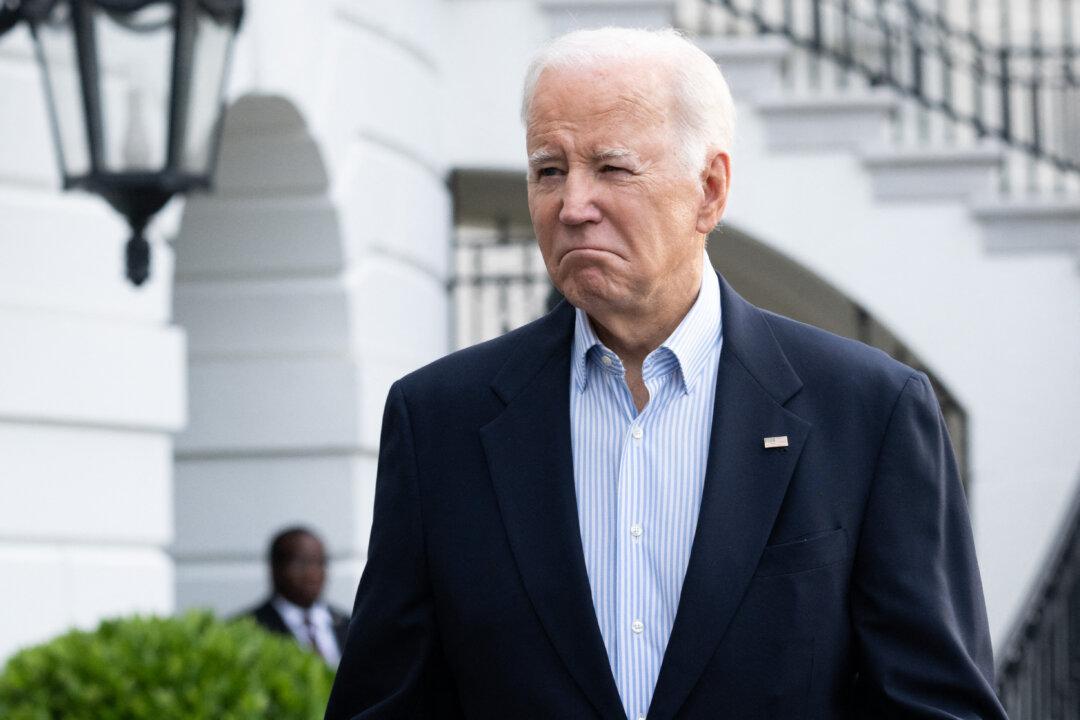The Biden administration is no longer warning Facebook parent Meta about “foreign election interference” campaigns, according to the company’s latest threat report, which comes amid a legal battle seeking to limit federal government communications with big tech platforms due to censorship concerns.
Federal agencies are no longer providing notifications to Meta about global influence campaigns, the tech firm confirmed in its latest quarterly Adversarial Threat Report, released in November.





